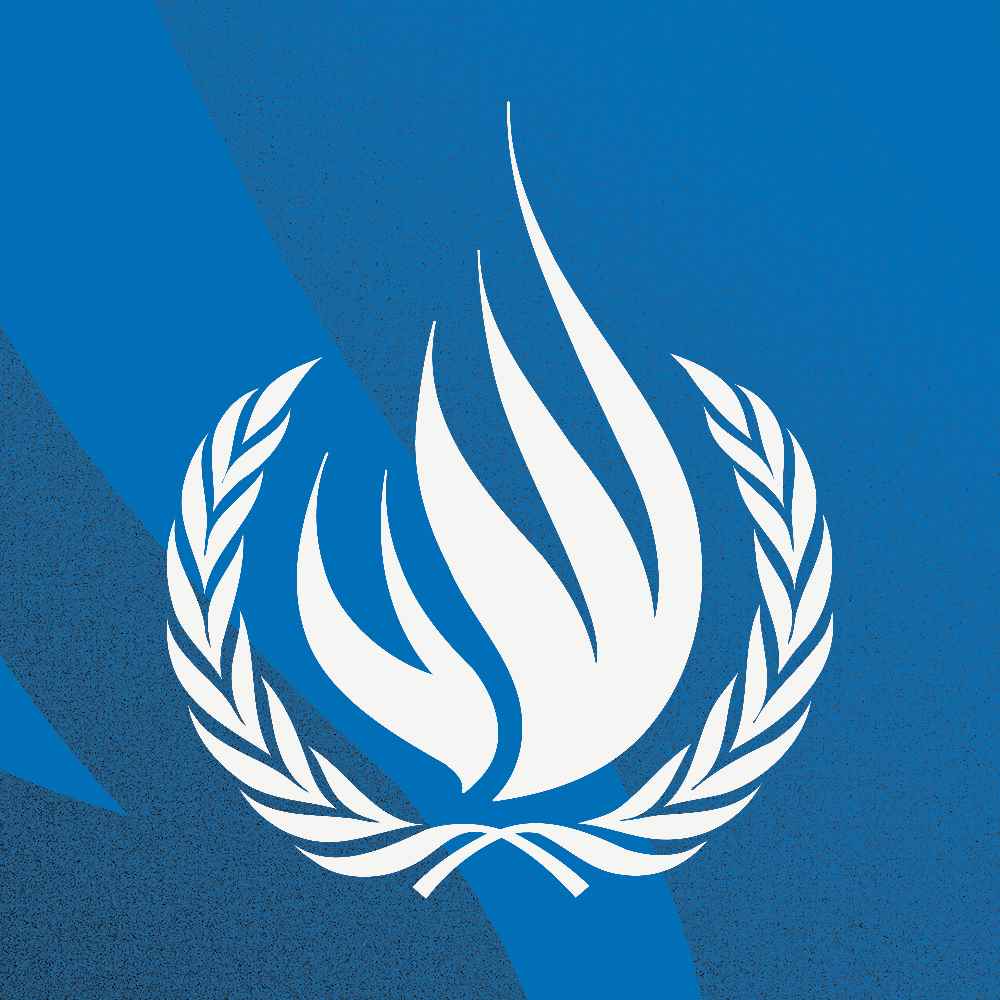
President Donald Trump will make a decision on whether the US will leave or stick with the Iran nuclear deal, also known as the Joint Comprehensive Plan of Action, by May 12. It has been almost three years since the nuclear accord was reached between the Islamic Republic and the UN Security Council’s five permanent members — Russia, the UK, China, France, and the US — plus Germany (the P5+1).
Since the JCPOA’s implementation day on Jan. 16, 2016, the Iranian regime has been receiving various benefits that can be divided into four categories. Based on the terms of the JCPOA, four rounds of the United Nations Security Council’s economic sanctions against Tehran were lifted immediately.
The regime also received unilateral sanctions relief from individual countries in exchange for halting its nuclear activities and dismantling some sections of its nuclear program. For instance, the United States lifted oil and financial sanctions, while the EU removed several Iranian entities, companies and individuals from its sanctions lists. The US and its European allies released roughly $100 billion of assets to Tehran.
One of the critical tenets of the nuclear deal is that it grants more rewards and bonuses to the Iranian regime as time passes. For instance, sanctions against controversial and powerful people and entities are due to be lifted a few years after implementation of the JCPOA. These individuals include Qasem Soleimani, the commander of the Islamic Revolutionary Guard Corps’ Quds Force and the general in charge of Iran’s militias and proxies abroad, and Ahmad Vahidi, a former head of the IRGC who is wanted by Interpol over his alleged role in the bombing of a Jewish community center in Buenos Aires in 1994, as well as Mohsen Fakhrizadeh-Mahabadi, who is suspected of having links to a clandestine nuclear weapons program.
In addition, the deal paved the way for further rapprochement between Tehran and Washington, which mostly benefited the Iranian regime rather than the US. For example, in a secret agreement between the Obama administration and Tehran, the US gave further sanctions relief to Iran, such as the lifting of sanctions against Bank Sepah and Bank Sepah International, which are reportedly behind the financing of the regime’s ballistic missile program.
More importantly, one of the most controversial elements of the JCPOA, which is highly contested by the Trump administration and critics of the deal, is linked to its “sunset clauses” — the expiration dates that mean the nuclear deal’s restrictions will be lifted on specific dates. For instance, in 2025, limits on first-generation and more advanced centrifuges will expire, allowing Tehran to have as many of these as it needs for its research and development.
Such provisions are extremely dangerous for several reasons. The first issue is related to international law. As soon as the sunset clauses kick in, the UN Security Council is essentially granting the Iranian regime a powerful legal platform to pursue many nuclear activities, which Tehran was banned from pursuing in the past, with no supervision or inspections. It is important to point out that this process is irreversible. The international community will lose its legal leverage to hold the Iranian regime responsible.
How can Iran be trusted over nuclear weapons program when it has disguised its activities in the past?
Dr. Majid Rafizadeh
This brings us to the second issue, which is trust. Can the international community genuinely trust the Iranian regime to such an extent that it is willing to place such power in the hands of the ruling clerics? Can Tehran be trusted that it will not abuse such legal power granted to it by the members of the P5+1? Can the Iranian regime be trusted that it will pursue nuclear activities solely for civilian purposes rather than building a nuclear bomb?
Any astute observer of Iran’s politics is cognizant of the fact that Iran’s nuclear program, which was revived by the ruling mullahs in the 1990s, has been filled with fraud, violations and mistrust. Whenever the international community or the International Atomic Energy Agency neglected Iran’s nuclear activities, Tehran clandestinely violated the Treaty on the Non-Proliferation of Nuclear Weapons. Whenever the Iranian regime had the chance, it built clandestine sites to pursue its nuclear ambitions.
Let us refresh our memories in this regard. Iran hid two secret nuclear sites that were later exposed by the People’s Mojahedin Organization of Iran, which is affiliated with the National Council of Resistance of Iran. The first site was Iran’s Natanz uranium enrichment plant and the second was a heavy water facility in Arak.
After this incident, Iran did not respect the law. It again conducted secretive nuclear activities, which were revealed in 2009, at a uranium enrichment facility close to the city of Qom.
All these revelations raise a major concern: If the Iranian regime is not aiming to weaponize its nuclear program, why has it repeatedly concealed its nuclear activities? Why would it frequently violate the law by not disclosing its nuclear sites?
Finally, it is worth noting that the main decision-makers behind Iran’s nuclear program — including the Supreme Leader Ali Khamenei and high-ranking IRGC generals — have remained the same for the last two decades. This ought to highlight the notion that Iran’s nuclear ambitions are likely to remain the same as well. This suggests that the international community is left with one option and only one option: Fixing the loopholes and flaws of the nuclear deal before it is too late.
• Dr. Majid Rafizadeh is a Harvard-educated Iranian-American political scientist. He is a leading expert on Iran and US foreign policy, a businessman and president of the International American Council. Twitter: @Dr_Rafizadeh












